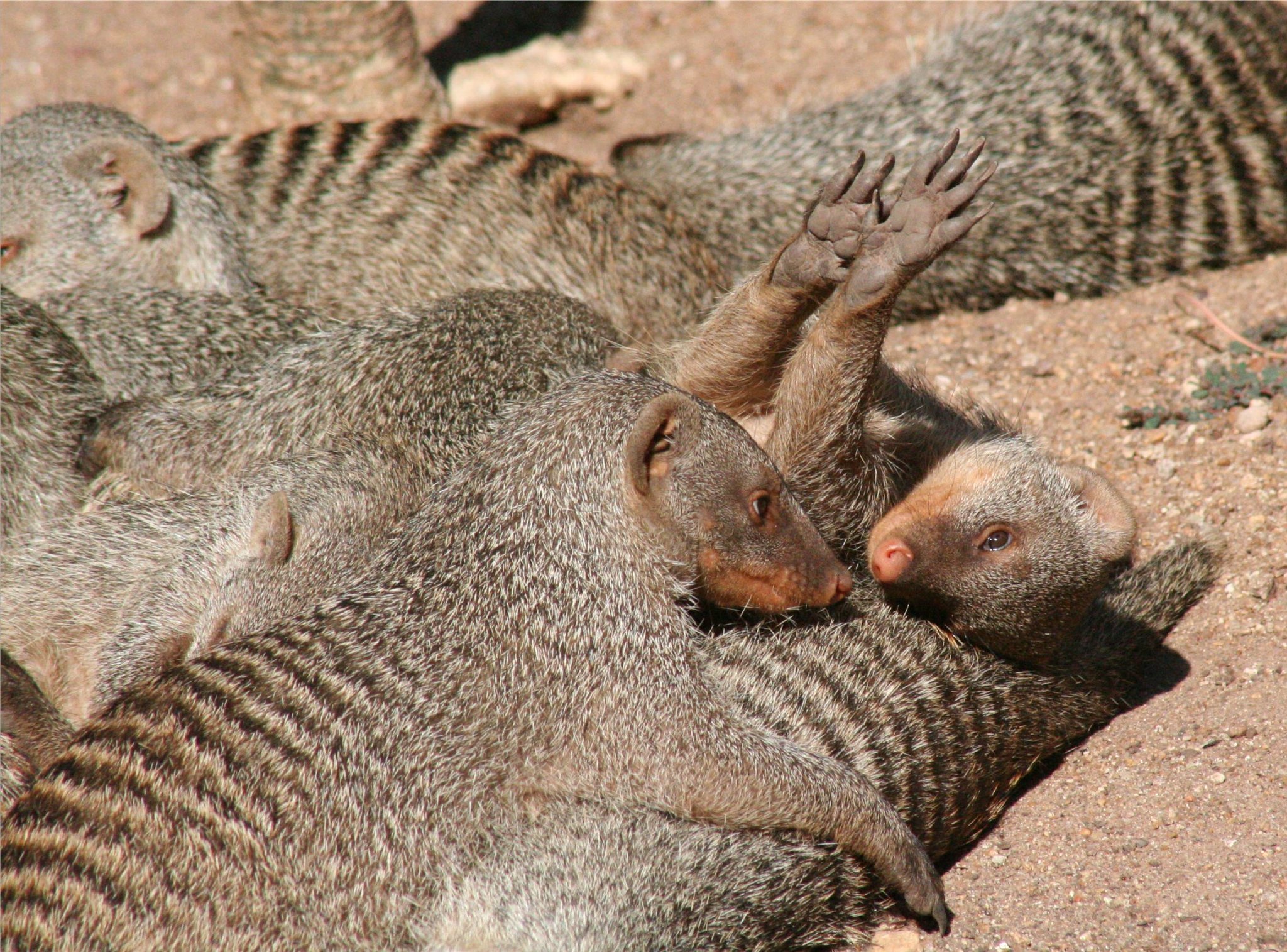
Our researchers
Bonnie Flint
wild animal welfare | welfare indicators | behavioral ecology | physiological ecology | stress physiologyAbout Bonnie
Bonnie Flint is a Physiology & Behavior Researcher at Wild Animal Initiative and an affiliate of Virginia Tech’s Department of Biological Sciences. Bonnie’s research focuses on identifying and validating behavioral and physiological indicators of welfare, using welfare indicators to assess wild animal welfare, and determining factors that influence wild animal welfare. She is also interested in understanding how welfare integrates with other factors for animal decision-making. Bonnie is the project lead for Wild Animal Initiative’s house sparrow welfare project, a field study examining how varying environmental conditions such as noise level and temperature affect the welfare of house sparrows. She is also advising on the development of the curriculum for a course in Wild Animal Welfare Science, and previously contributed to the revision of Wild Animal Initiative’s research priorities.
Previous experience
Before joining Wild Animal Initiative, Bonnie worked on numerous projects in animal ecology and conservation, including Attwater’s prairie chicken conservation, Hawaiian bird conservation, loggerhead sea turtle conservation, small mammal population ecology, behavioral ecology, and disease ecology research. These projects involved fieldwork, including trapping and mist-netting, handling, sampling, telemetry, habituating, and behavioral observation of wild animals; work with captive animals, such as husbandry of highly endangered species; and research, including project management, lab assays, statistical analysis, and the preparation of grants, proposals, and manuscripts.
Education
Bonnie earned her PhD in Biological Sciences from Virginia Tech. Her dissertation focused on the behavioral and physiological factors affecting tuberculosis infection in banded mongooses in Botswana.
Selected publications
Flint, B. F., Hawley, D. M., & Alexander, K. A. (2016). Do not feed the wildlife: Associations between garbage use, aggression, and disease in banded mongooses (Mungos mungo). Ecology and Evolution, 6(16), 5932–5939. https://doi.org/10.1002/ece3.2343
Fairbanks, B. M., Hawley, D. M., & Alexander, K. A. (2015). No evidence for avoidance of visibly diseased conspecifics in the highly social banded mongoose (Mungos mungo). Behavioral Ecology and Sociobiology, 69, 371–381. https://doi.org/10.1007/s00265-014-1849-x
Fairbanks, B. M., Hawley, D. M., & Alexander, K. A. (2014). The impact of health status on dispersal decisions in banded mongooses (Mungos mungo). Ecohealth, 11, 258–262. https://doi.org/10.1007/s10393-014-0912-4
Fairbanks, B. M., & Hawley, D. M. (2012). Interactions between host social behavior, physiology, and disease susceptibility: The role of dominance status and social context. In G. Dumas & R. Nelson (Eds)., Eco-Immunology. Oxford University Press.
Fairbanks, B. M., & Dobson, F. S. (2010). Kinship does not affect vigilance in Columbian ground squirrels (Urocitellus columbianus). Canadian Journal of Zoology, 88(3), 266–270. https://doi.org/10.1139/Z10-001
Fairbanks, B. & Dobson, F. S. (2007). Mechanisms of the group size effect on vigilance in Columbian ground squirrels: Dilution versus detection. Animal Behaviour, 73(1), 115–123. https://doi.org/10.1016/j.anbehav.2006.07.002
Fairbanks, B. (2006). Osprey captures least tern in flight. Florida Field Naturalist, 34(4), 117. https://digitalcommons.usf.edu/cgi/viewcontent.cgi?article=2095&context=ffn
Swint-Kruse, L., Zhan, H., Fairbanks, B. M., Maheshwari, A., & Matthews, K. S. (2003). Perturbation from a distance: Mutations that alter lacI function through long-range effects. Biochemistry, 42(47), 14004–14016. https://doi.org/10.1021/bi035116x

